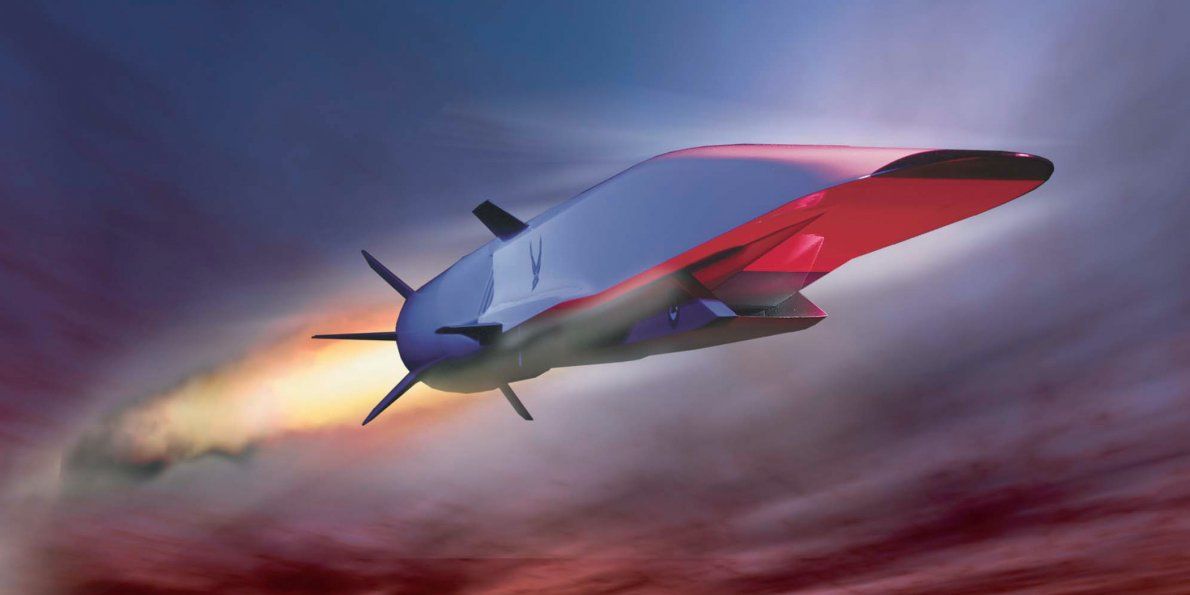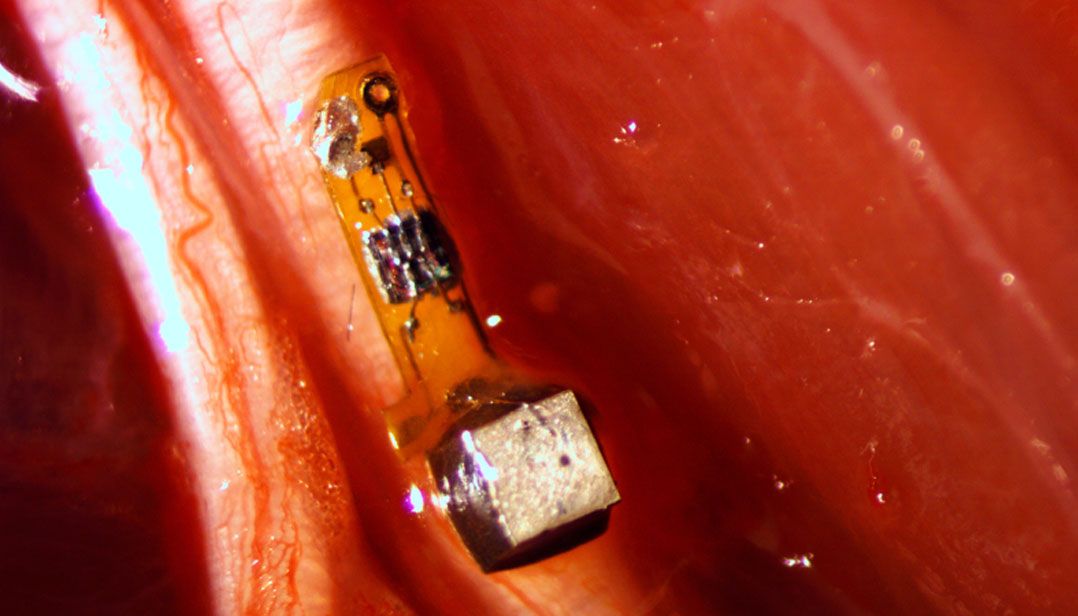Sep 20, 2016
Quantum chip keeps you guessing
Posted by Karen Hurst in categories: computing, economics, finance, nanotechnology, quantum physics
Random numbers have become important in daily life, given how they are at the heart of e-commerce and secure communications and also form the basis of statistical methods of solving problems in engineering and economics. And yet, truly random numbers are difficult to generate. A series of seemingly random numbers can still show patterns, and this can lead to frauds in e-commerce or errors in computations. Carlos Abellani, Waldimar Amaya, David Domenech, Pascual Munoz, Jose Capmany, Stefano Longhi, Morgan W Michell and Valerio Pruneri from the Institutes of Science and Technology and the Institute of Research and Advanced Studies at Barcelona, Polytechnic University and the firm, VLC Photonica, at Valencia and the Institute of Photonics and Nanotechnology at Milan, describe in the Optical Society’s journal, Optica, a method of using quantum effects to generate truly random numbers with the help of a miniature device that can be embedded in a mobile phone. The operative quality of random numbers is that those in a series cannot be predicted from the preceding ones, nor even any of the digits that appear in them.
Once a random number has been exchanged by a pair of correspondents, they can base a code on this number and keep their exchanges confidential. Devices like computers, which handle e-commerce transactions, thus routinely generate hundreds of large random numbers. The numbers generated by a complex formula are based on a “seed” number to get started, and do pass many statistical tests of randomness. The numbers, however, are not truly random and if a third party should guess the “seed” that was used, he/she could work out the numbers and impersonate others in transactions. Real random numbers are created not by a formula but by physical processes, like the last digits of the number of grains in a handful of sand, the throw of honest dice or even the last digit of the daily stock market index.

















